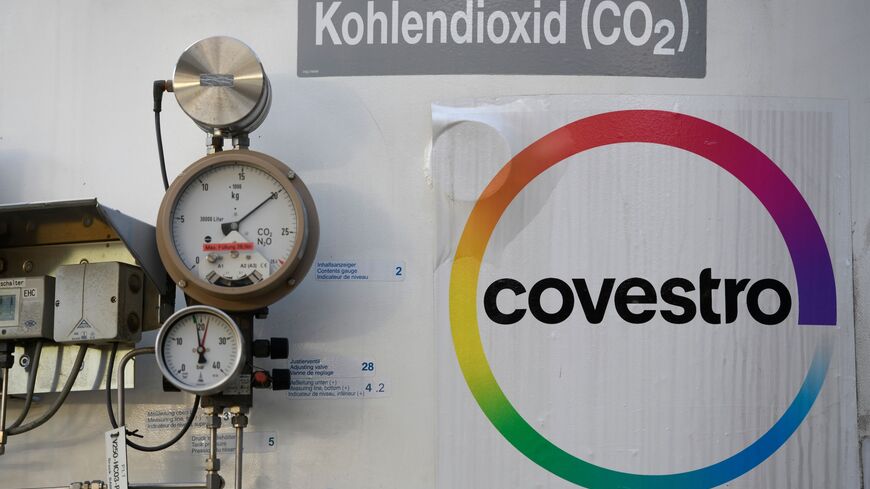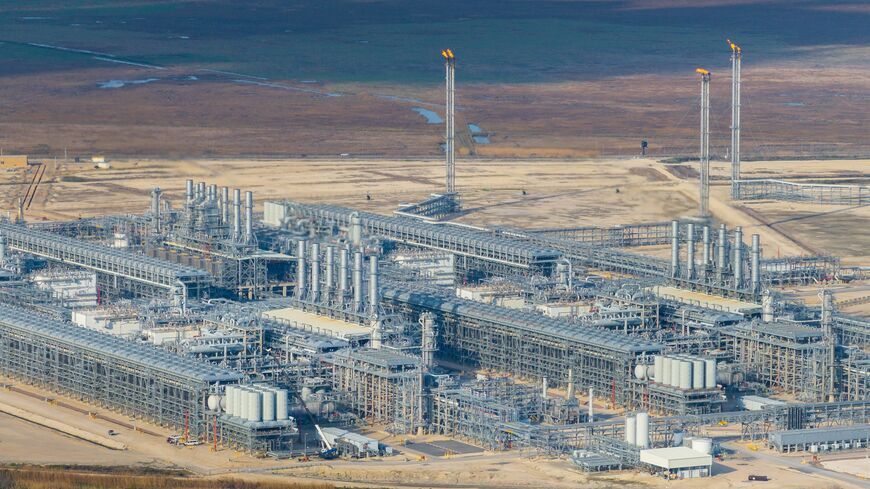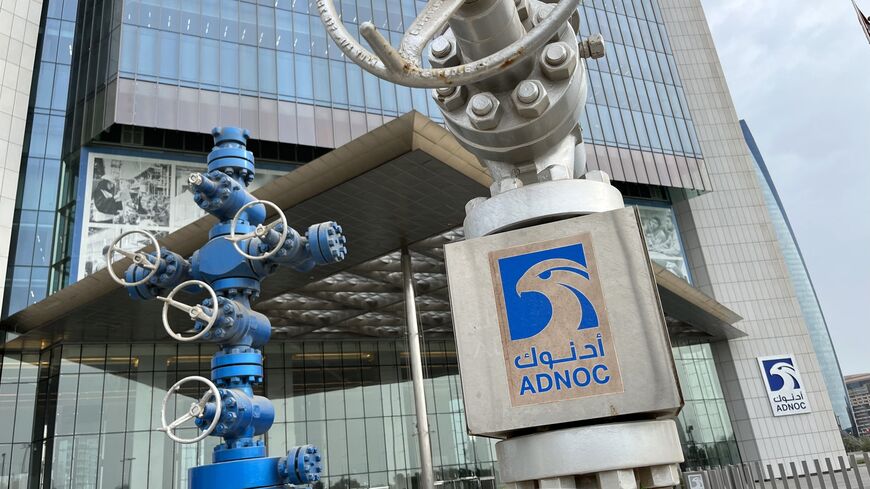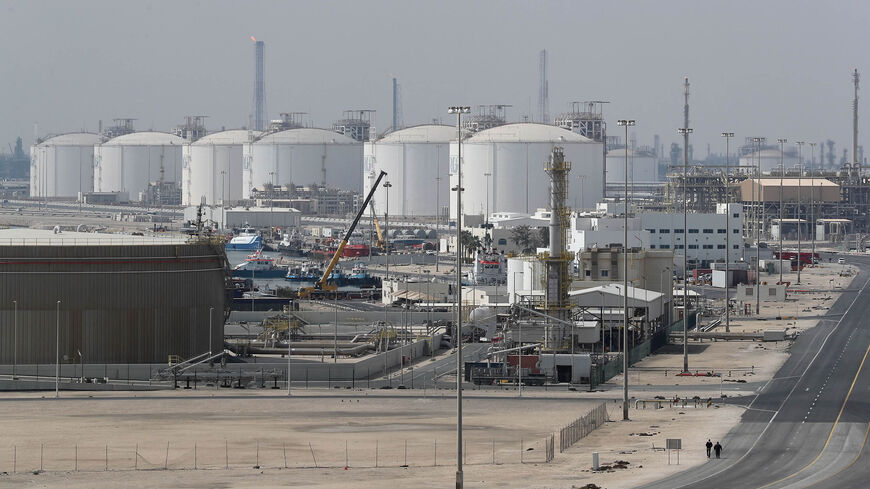Why UAE’s ADNOC is mulling setting up US trading desk
The UAE state-backed company recently held talks to recruit senior energy traders to oversee the expansion, Reuters reported.
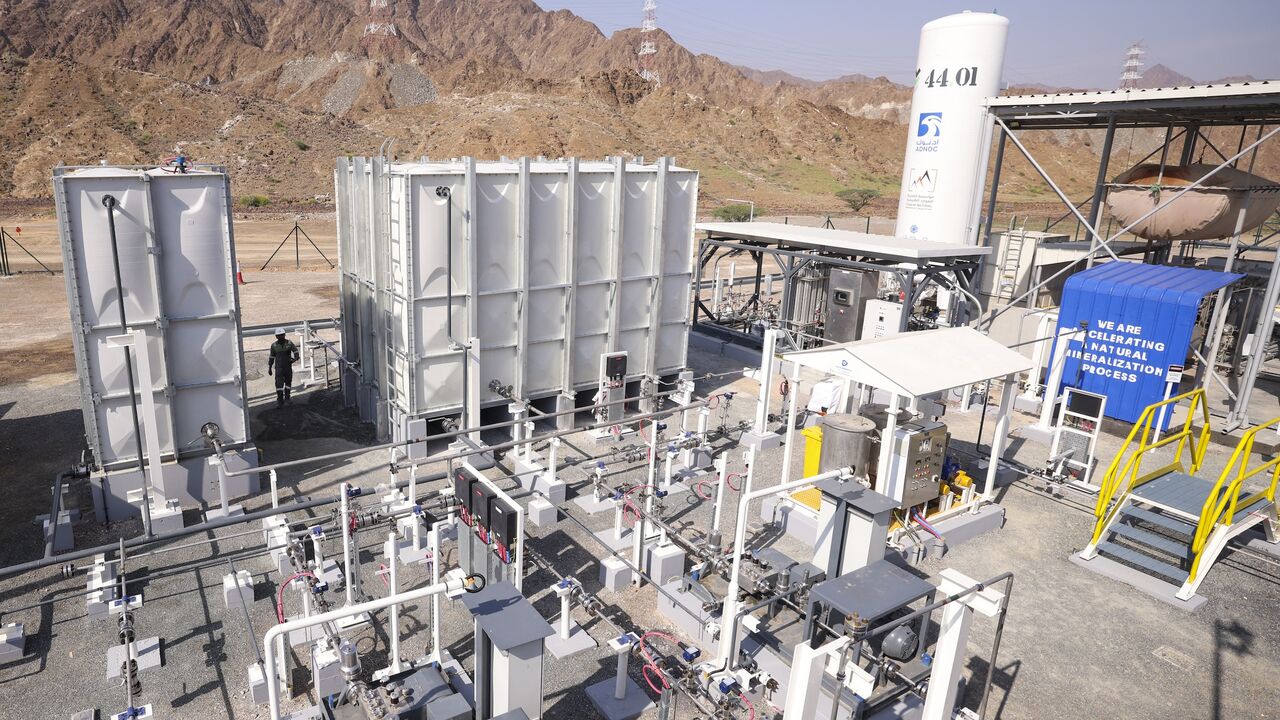
Abu Dhabi National Oil Company (ADNOC) reportedly plans to set up a trading desk in the United States as part of the UAE state-backed energy firm’s global expansion.
The company had recently held talks to recruit senior energy traders to oversee the expansion, Reuters reported Thursday, citing sources. The sources said that ADNOC's plans were not final and could change. However, there would be several benefits to ADNOC's setting up a US trading desk. A trading desk can be involved in buying and selling gas as well as balancing company pipelines to take advantage of current or expected price differentials to maximize profit.
Since 2018, ADNOC has also been developing its trading operations, including ADNOC Trading, which moves crude oil, and ADNOC Global Trading, a joint venture with Italy’s ENI and Austria’s OMV that handles refined products, such as petroleum. Recently, volatility in the price of commodities has shown that trading can be extremely profitable. A March analysis by consultancy Oliver Wyman found that the commodity trading industry reaped its second-highest year ever in 2023 in terms of profits, banking over $100 billion.
Reuters reported in October 2022 that ADNOC is also planning to open a trading office in Geneva and a representative office in London. One source said the Swiss office reportedly started operating in early May.
ADNOC declined to comment on plans to establish a US trading desk. The company has been bullish on liquefied natural gas (LNG), and a huge spike in energy imports from the United States, mainly due to the boom in fracking and shale gas, has made the United States attractive to Middle East energy providers. Although opposed by environmental activists for causing pollution and releasing toxins into the environment, fracking has allowed US companies to economically access natural gas locked in shale rock formations, resulting in the country becoming the world's leading LNG exporter.
For example, Aramco, the state-owned Saudi oil company, set up offices in Texas, the heartland of US shale.
The United States is sending record amounts of LNG to Europe, and Gulf energy companies want a piece of the action. In 2023, America exported around 11.9 billion cubic feet of LNG per day, a 12% increase compared with the previous year, according to data from the US Energy Information Administration.
British energy company Shell forecasted in February that global demand for LNG is expected to grow by 50% by 2040, as countries shift to more environmentally friendly energies than oil.
In March, Reuters reported that ADNOC and Aramco were in talks to invest in US LNG projects. ADNOC is reportedly in talks with LNG firm NextDecade for an offtake from a proposed fourth processing unit at its $18 billion Rio Grande LNG export facility.



